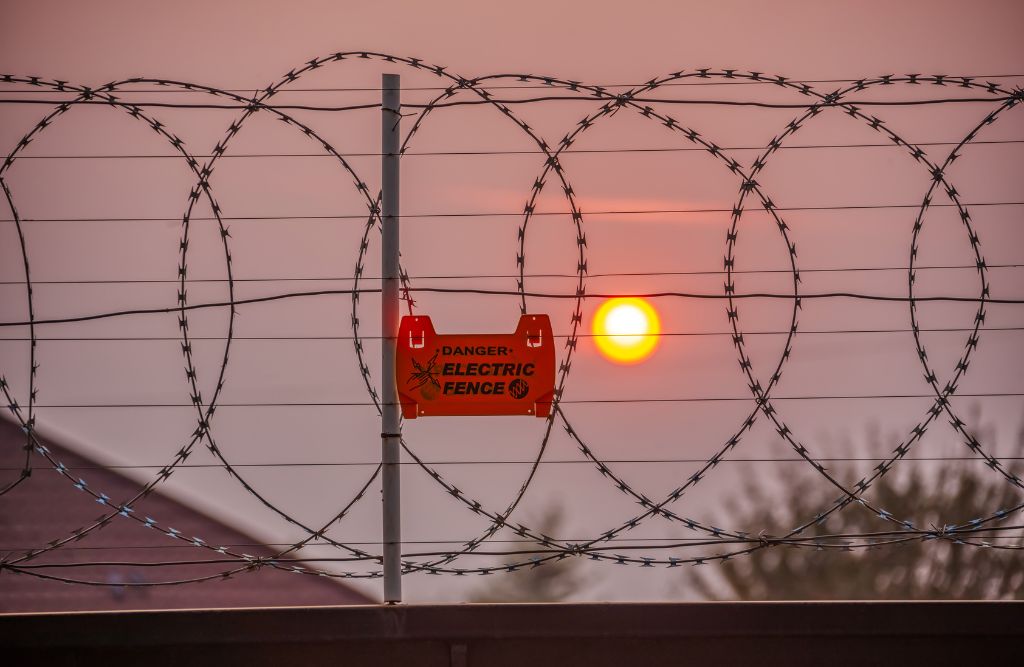
Settling back in the family’s grand armchair, the comforting crackle of a well-tended fire your only companion in a winter’s evening, have you ever found yourself musing over the security of your farm animals? Yes, we were in the same boat not too long ago. The increasing incidences of stray predators or just the curious neighbourhood dogs trespassing the farm left us with sleepless nights.
Then we stumbled upon electric fencing and let us tell you; it was a game-changer. But the conundrum began! With plenty of options each seemingly more promising than the last, which one to choose? Monitoring the realms of the internet and our personal experiences led us to believe that many face this predicament.
Therefore, this blog post aims to demystify the various factors one needs to consider before purchasing electric fencing for their farm animals. As the saying goes, knowledge is power, and by the end of this guide, you should be armed with the right information to make an informed choice.
Understanding Electric Fencing
Before we dive into choosing the right product, let’s talk about what electric fencing is and why it is becoming increasingly popular among farm owners. Times have significantly changed; gone are the days when a simple wooden or barbed wire fence could guarantee your farm animal’s safety. Electric fencing is a modern-day solution that is not only cost-effective but also low on maintenance.
They work by giving a short, harmless shock to the animal trying to trespass, thus deterring it from making further attempts. Now the question arises: How to choose one that is best suited to your farm animals?
Matching Fencing to Your Farm Animals
Electric fencing products are not one-size-fits-all. Different animals require different types of fences – what works for your cattle may not be the best for your horses. Understanding your livestock’s specific needs can be the first step towards choosing the right electric fencing product.
Assessing Your Farm’s Geography
Is your farm located on a flat plain area or hilly terrain? The geographical location of your farm plays a crucial role in determining the type of electric fencing you should opt for. In hilly areas, a high tensile fence might be ideal, whereas, for flat terrain, a standard electric fence will suffice.
The Durability Factor
The longevity of the electric fence should also be taken into consideration. The strength and durability of electric fencing primarily depend on the materials used, so be sure to scrutinize the product description before purchasing.
Safety Considerations
As farm owners, the safety of our animals is of utmost significance. When choosing an electric fence, it is critical to ensure it won’t cause harm to your livestock. While the electric shock is meant to deter the animals, it should never harm them.
Cost-Benefit Analysis
In the end, it always boils down to the cost. Although electric fencing seems like an investment initially, it is cost-effective in the long run. However, choosing the most expensive product does not automatically guarantee satisfaction. Therefore, perform a cost-benefit analysis before deciding.
Conclusion
Choosing the right electric fencing products Australia for your farm animals might seem like a daunting task initially. However, a clear understanding of what electric fencing is, considering the type of livestock you have, assessing your farm’s geography, the durability of the fence, the safety factor, and performing a cost-benefit analysis can guide you towards making the right choice. Embrace this modern solution and provide a safer environment for your beloved farm animals, without burning a hole in your pocket. Remember, security and peace of mind are priceless. Happy fencing!





